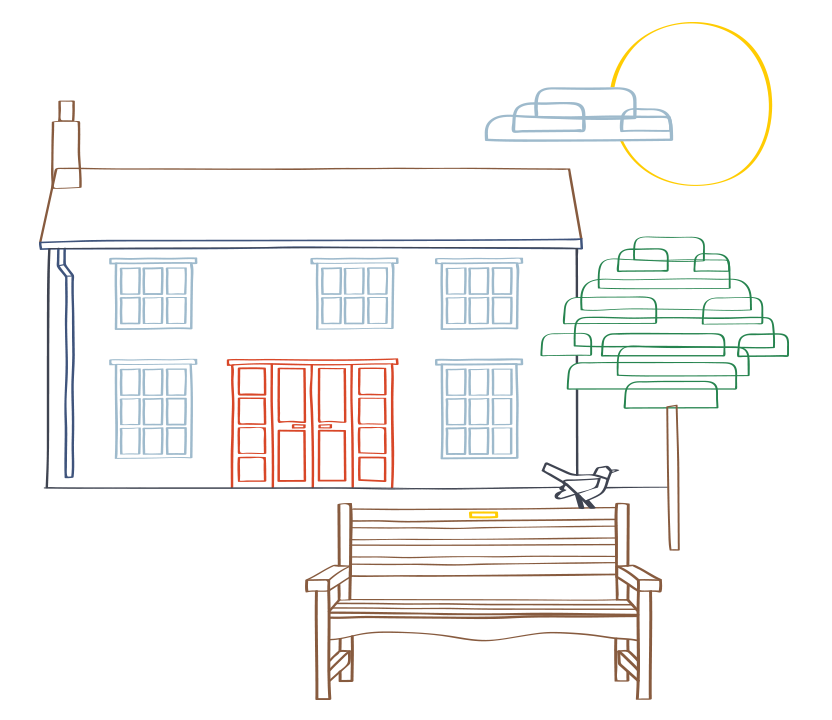She would like to stay in the area close to her two children and their families, with whom she has a close relationship. While keen to remain at home for as long as possible, she is happy to consider a local care home and is keen to explore the other options available to her including care at home. Is one approach more tax-efficient than another, she wonders? Initial research suggests that Ruth’s care home fees will start at around £54,000 a year. She wonders what would be the best way of covering the shortfall in care costs from her pension without necessarily dipping into her savings.
The family home was recently valued at around £1.2m and she receives an annual pension of around £50,000. She would like to leave as much as possible to her two children and is keen to explore her options for maximising their inheritance.

Ruth contributes to the private school fees of her three grandchildren and is keen to ensure that there is money in the pot to pay for university for all three, should the need arise. What is the most tax efficient way of putting money to one side for them?
In the meantime, Ruth loves to travel and spends around 10 weeks of the year abroad. Historically her savings have funded her lifestyle but more recently low interest rates have failed to give her much of a return. Is it worth looking to alternative investment vehicles at this stage of her life? She has a small share portfolio and life assurance based trusts set up by her late husband but hasn’t paid any attention to it since he died almost 10 years ago.



